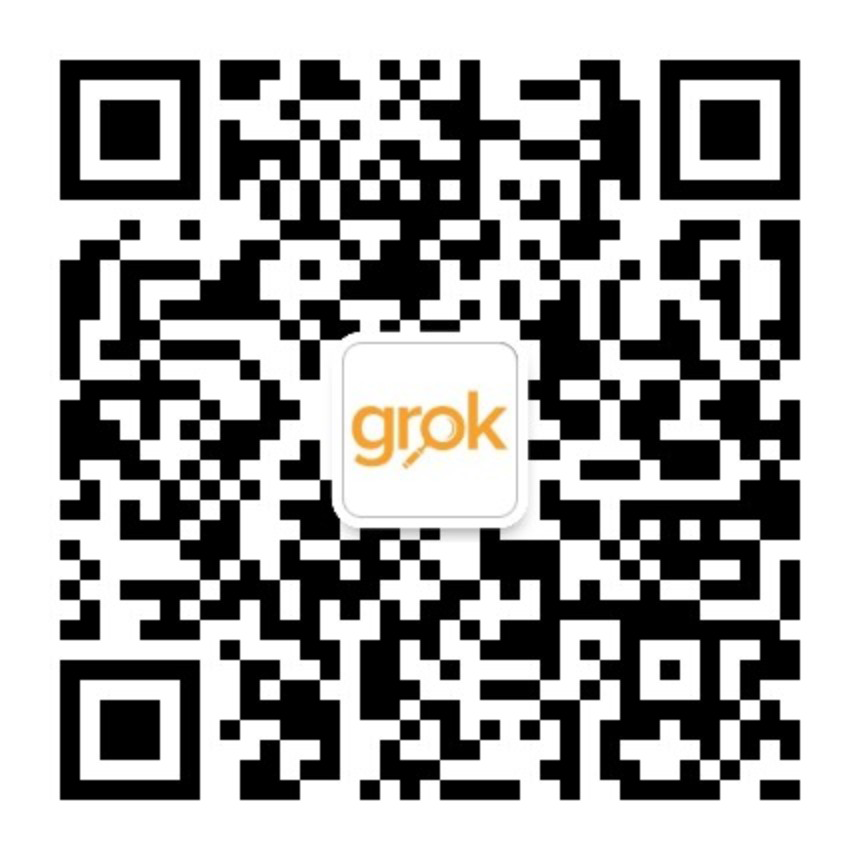How to Best Support Students with Their University Research
Phillip Wenturine, MFA, University Counselor and AP Coordinator at GEMS Dubai American Academy.
Most great journeys in life tend to begin with a plan; and as that plan comes to fruition, it’s best to begin with the end in mind—or in the university application process, the destination. When it comes to college counselors supporting students with their university research, a timeline is often the most helpful visual for students to utilize when planning their application journey. This timeline may—and should—look different for each student, as every student’s journey should be individualized. It is the college counselor who can help each student keep their footing on their own timeline and stay balanced during their university journey.
When it comes to creating a student’s university timeline, it’s often a delicate balance. It’s important to encourage students to be fully present as a high school student while simultaneously keeping them focused on their future. Without proper guidance, students may try to participate in too many activities early on and undertake an unrealistic course load while stressing too much on their future, which unfortunately could lead to burn out. Likewise, some students—if not politely encouraged—may take a too-relaxed focus and not strive towards their full potential, which can be equally as unfortunate and offset their balance. It takes the skill of strategic planning and knowing what a student needs, when they need it, and reminding them of why they need it to craft a collective buy-in, or plan, from the student.

Photo by Andrea Piacquadio: Pexels
There are so many things to keep in mind and consider when supporting students: elective passions and pursuits, language pathways, curriculum choices, volunteering, clubs, sports, summer programs, internships, etc. But how can a counselor best support a student through each of these items? How best can a timeline help a student juggle their options as well as help a counselor keep their student balanced?
How & Where to Start?
When it comes to eager students and families, they will want to start the college application process right from the start of high school. That said, there’s nothing truly actionable at this time. However, what is applicable is discussing and creating their college application timeline so they can keep their balance; the counselor can host meetings, open for students and families in grades 9 and 10, giving an overview of the college application process and explaining what steps can be taken for each individual grade level. It’s imperative to remind students to begin with the end in mind: What are specific colleges/programs looking for academically? What higher level courses will they require and is there a minimum GPA requirement? What about test scores? While certain regions are strictly academic-focused, others are looking at the student holistically. What clubs and extracurriculars will help this student in the program/university they aspire to attend? Will being a student-athlete in high school be something they wish to attend in college, perhaps to gain an athletic scholarship?
The counselor should explain the regional differences in the university applications and explain what institutions will want to see by the end of grade 12. This way, students in earlier years can start planning what courses they wish to take, what prerequisites may be required to enter those classes, what clubs/sports they wish to participate in, etc. It’s important for the student to view their experience in high school in stages so they don’t get overwhelmed all at once. The counselor can help students locate their footing by explaining this process and working with them to create a wish-list of high school activities and classes and then a feasible calendar of events to check these items off by the time they graduate. Doing this will help a student not only be stress-free and balanced throughout high school, but well-rounded and competitive when it comes time for the application process itself.
Taking it one step at a time.
As students progress through high school and college becomes closer and closer on their sights, they will naturally start to undergo the college research process. For some, this may start quite early on, but for the bulk of students, this will take place in the middle years of high school. It’s important when meeting with students 1:1 to discuss where on their timeline this university research should be and making sure they are balanced when it comes to making time for this in between their other studies and activities they have going on. While some may need fewer research on where they want to go, others will be overwhelmed with the seemingly endless options and confusing requirements, and this may be where they begin to feel anxious and unsettled. However, there are many actions a counselor can take to help students regroup and lay their foundation.

Photo by Pavel Danilyuk: Pexels
Firstly, provide students with the appropriate resources and websites to conduct their research. Whether the school has purchased a specific platform and database that assists students, or perhaps they are shown professional research techniques and how to thoroughly investigate a university website, this is key in helping a student feel confident and take onus in the university research process. Students will need to research various regions, looking into different countries, cities, as well as the universities within those locations, understanding the various programs offered at each, what services they provide, what exists in the wider community, and more. Then, they will need to dive deep into what tests and scores are needed, any specific course requirements, along with data on acceptance rates, etc.
It’s imperative for counselors to coach students when it comes to doing this research, as they need to ensure students are creating a well-balanced list of reach, target, and safety schools that meet their current academic and extracurricular resume. This is why it’s important to begin with the end in mind when creating that first timeline so students can manage their expectations and create a realistic university list.
It’s all about finding the right-fit university—and that right fit is different for each student.
Another aspect of support in the university process that is sometimes easy to overlook is teamwork. When a student feels they have a village all around them, a family within their school network, they are less likely to feel unbalanced and as if they may “fall” during this process. The university application timeline can be a behemoth, but it doesn’t have to be traversed alone. It’s important for the counselor to remind students all who are able to help during this process as well as arming those individuals with the tools needed to help support the student.
Communicating expectations is key: coaching the students on who they can reach out to and how best they should, depending on the request; coordinating with teachers on a workshop on how they can write letters of recommendations and create certificates for students, on a career fair where they can give students a talk about their college experience and speak to alternate careers they’ve had; hosting a coffee-morning for parents letting them know how they can best support and encourage their students at home and on weekends. As the counselor, hosting a college-fair for students to off-load their burning questions to various universities, often ones they never thought about but that may be a good fit for them can be beneficial for the students. Everyone in the school and around the student can play an integral role in the child’s wellbeing during the university application process; if the student knows this early on, they will no doubt feel supported and balanced during their years leading up to university.
When it comes to a student’s final year in high school, this is where the most challenges arise as the actual application process begins. One helpful strategy to start off the year right is hosting a senior-planning night, where all of the elements from the earlier years are revisited. This can help to remind students of their accomplishments during these years and finalize their timeline where they will put those achievements on paper.
Review with students their application timeline, giving a refresher on which regions have which deadlines for both early decision and regular applications, making note of what documents they will need to send to universities and how those documents get sent, and encouraging students to take advantage of meeting with you if they need help going over any application components, want feedback on their essays, or have any questions about their applications.
As you continue to meet with students throughout the year, consider taking notes on each meeting that takes place, listing the final set of universities each student has in mind, when they plan to apply, noting if they need any scholarships, special documents, and any other elements that may be helpful to keep track of for the application process. All of these strategies, in turn, will ensure the students feel supported and balanced from the start of the year to the end.

Sample template that you can use to track each student’s application – Credit to the author.
Overall, when it comes to supporting students through their university research, the key is acting early and ensuring a vision from the start while meeting students at their individual level of need. After creating a rapport with the student and their family through various meetings, an element of trust will unfold, and together, a timeline can be built for the student to begin journeying down.
Through working together centering around the student (counselor, teachers, family), they will feel supported, maintain their balance, and find success in the university application process, undoubtedly landing at a school of their dreams.
Author
Phillip Wenturine, a Fulbright Scholar, is a university counselor and AP coordinator at GEMS Dubai American Academy, the number-one-rated school in Dubai for 2021-2022. He has been working in education for a decade as a teacher, administrator, and university counselor across the USA, China, Portugal, and Vietnam, before moving to the UAE. When he is not working with students, he is traveling the globe, just visiting his 55th country. He hopes to keep traveling the world and supporting students along the way for many years to come.

